 I’ve been book-talking this fabulous book by Frank Rose to anyone who will listen. If you are interested in the psychology of story-telling, the creative genius behind LOST, THE OFFICE, or THE DARK KNIGHT, or the way media is rapidly changing– read this!
I’ve been book-talking this fabulous book by Frank Rose to anyone who will listen. If you are interested in the psychology of story-telling, the creative genius behind LOST, THE OFFICE, or THE DARK KNIGHT, or the way media is rapidly changing– read this!
A few tidbits:
“People don’t passively ingest a marketing mesage, or any type of message. They greet it with an emotional response, usually unconscious, that can vary wildly depending on their own experiences and predispositions. They don’t just imbibe a story; they imbue it with meaning.”
“Dickens fashioned tales with cliff-hanger endings to keep readers coming back. … More significant, however, was the way he improvised in response to readers’ reactions. … On occasions when a story was faltering, he paid much closer attention to what his readers were saying. … Scholars have come to see such give-and-take as crucial to Dickens’s method. … In Dickens’s own time, serialized novels were hugely controversial. … The format seemed dangerously immersive.”
“In a mid-sixties discussion with Jean-Luc Godard at Cannes, the idiosyncratic director Georges Franju became thoroughly exasperated with [his] unconvential techniques. ‘But surely, Monsieur Godard,’ he blurted out, ‘you do at least acknowledge the necessity of having a beginning, a middle, and end in your films.’ To which Godard famously replied, ‘Certainly. But not necessarily in that order.'”
“For a whole generation of Hollywood writers in their thirties and forties, Horowitz [executive producer on LOST] quipped, ‘Star Wars was a gateway drug.'”
“The most dependable way to forge a link, whether to a colleague in a new job or to strangers on Twitter, is by relating information–a process that often involves telling a story. … Storytelling is a simple act of sharing. We share information. We share experience. Sometimes we overshare. But why do we share at all?”
OK – if those snippets, all from the same book, haven’t convinced you to read THE ART OF IMMERSION by Frank Rose, you’re on your own!
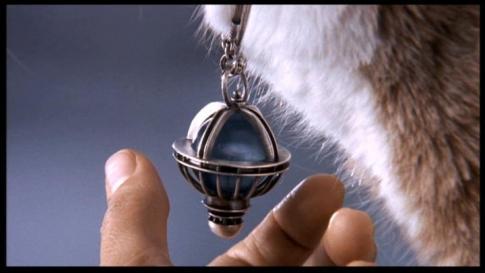 I’ll be honest. I’m complicated. I worry about a lot of things. I over-analyze. I dissect. (Nod your head sympathetically toward my husband. He’ll appreciate the gesture.)
I’ll be honest. I’m complicated. I worry about a lot of things. I over-analyze. I dissect. (Nod your head sympathetically toward my husband. He’ll appreciate the gesture.)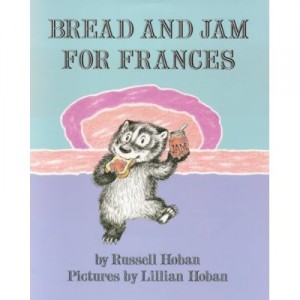
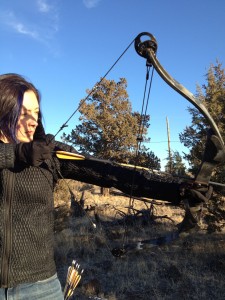
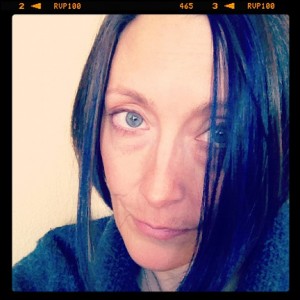
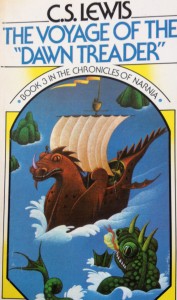
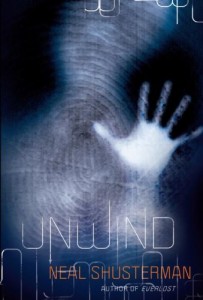

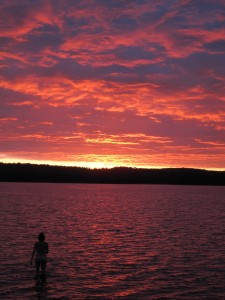 When we meet someone new, the storytelling begins. We deliver the cleaned-up, well-practiced narrative of our lives with the smooth proficiency of a pitchman. We spin it to impress, to entertain, to woo. If—after time—that someone seems a likely lover or a potential friend, we flesh out the plot with all its nuances of regret and loss, its pains and unfulfilled desires. We are revealed.
When we meet someone new, the storytelling begins. We deliver the cleaned-up, well-practiced narrative of our lives with the smooth proficiency of a pitchman. We spin it to impress, to entertain, to woo. If—after time—that someone seems a likely lover or a potential friend, we flesh out the plot with all its nuances of regret and loss, its pains and unfulfilled desires. We are revealed. I’ve been book-talking this fabulous book by
I’ve been book-talking this fabulous book by